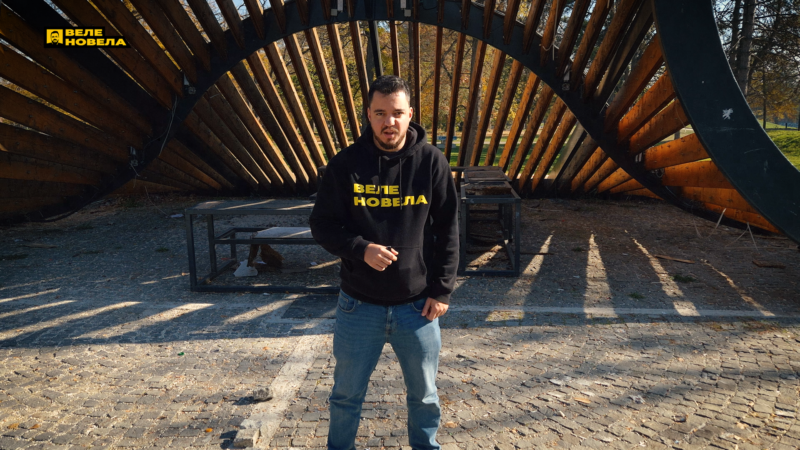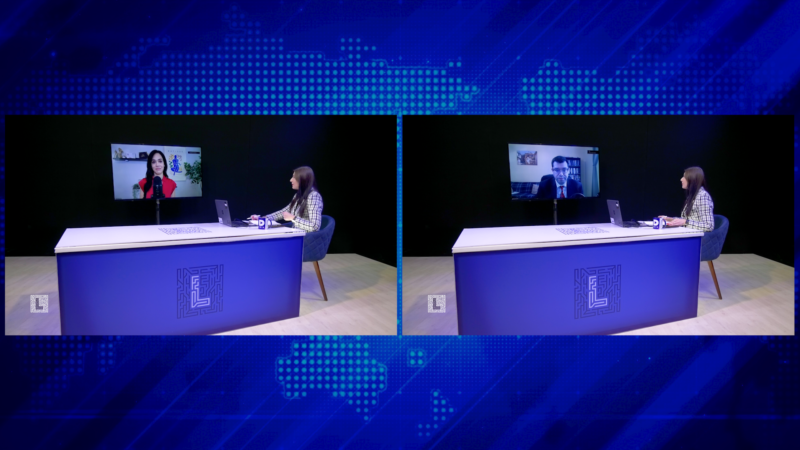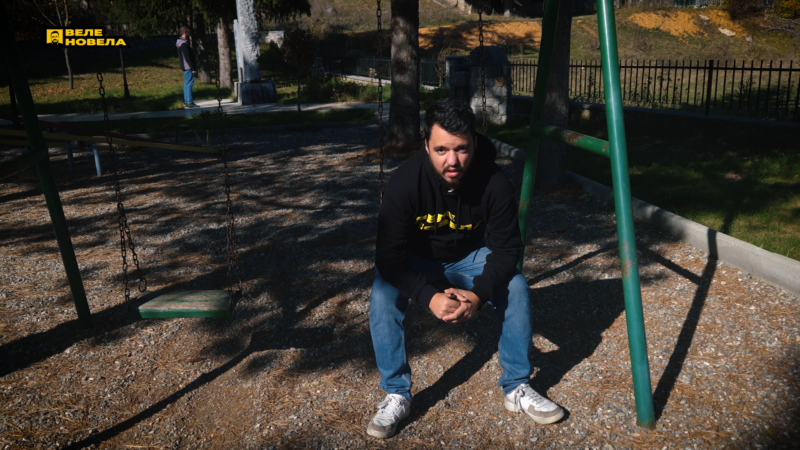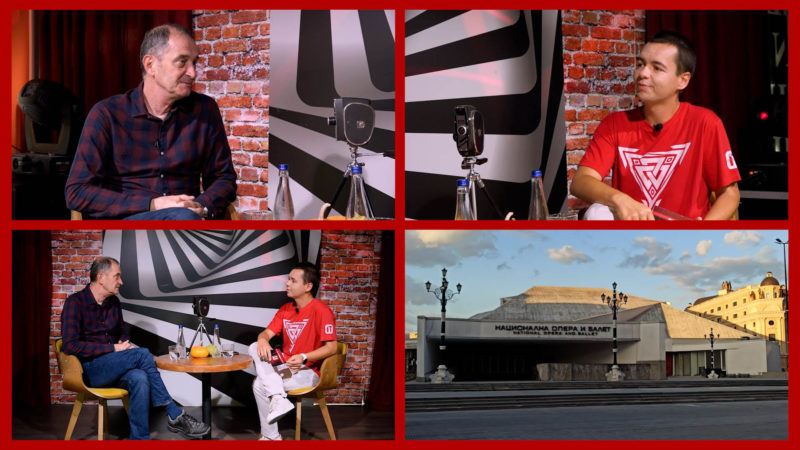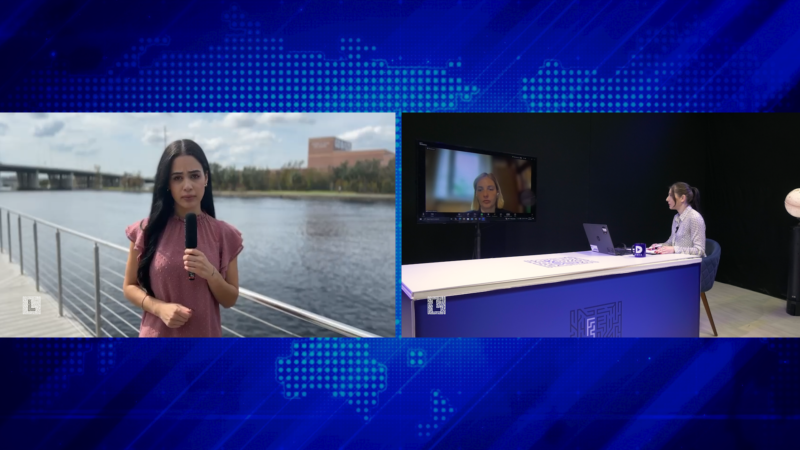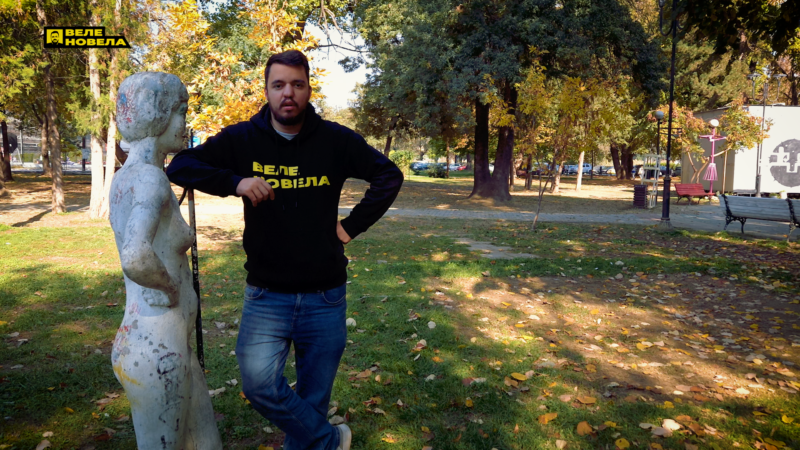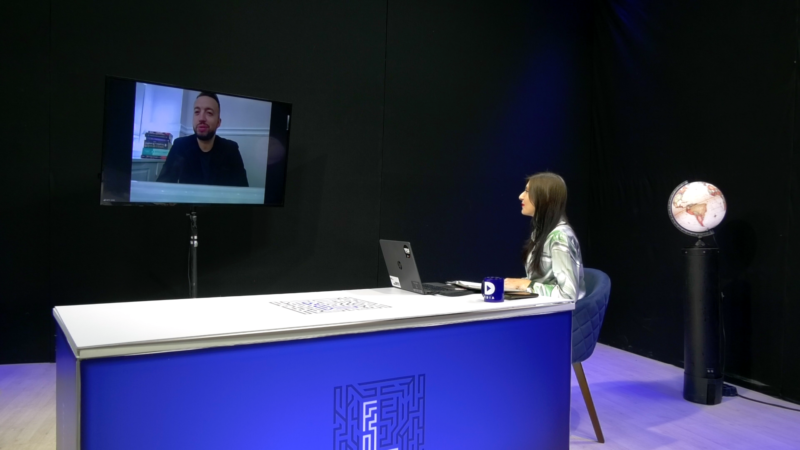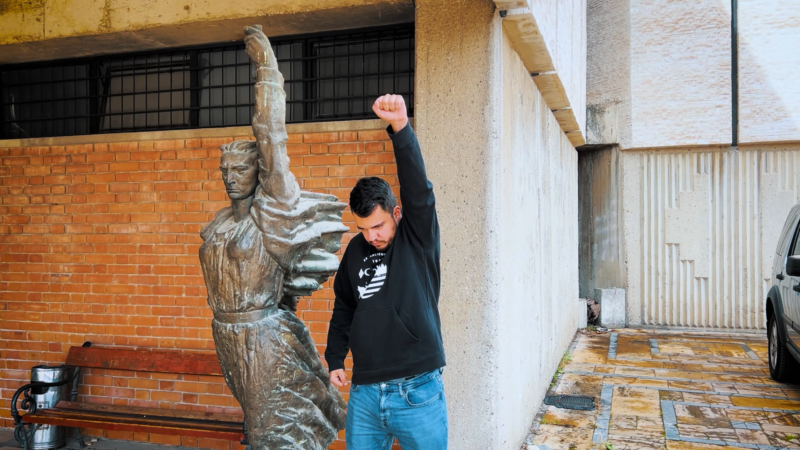Latest news
In the new studio of IDMedia we will hear about the upcoming innovations and the stories from the world of technology
We review everything that was part of the content of the show in the past weeks while preparing for the new concept.
Innovations and artificial intelligence will continue to be the focus of the show and in the new studio from where Infotek will realize its episodes. We remain committed to life-changing stories influenced by technological developments, here to follow this and every future innovation revolution.
Our guest on this edition is the well-known Viktor Velevski, your host in Velenovela, to whom we talked about the news coming to IDMedia and what you will see in Velenovela in the future.
Discover a new story, every angle of technology in Infotek on IDMedia!
Trump returns to the Oval Office – Will he stop the wars as he promised?
The Americans have spoken - a triple victory for the Republicans.
The Americans have declared, they are returning Trump to the White House. Labyrinth with appearances from Tampa, Florida and Cincinnati, Ohio analyzed how the new President came to this victory and how that election will affect global geopolitics. Jalyssa Dugrot, a journalist from Florida reports about the atmosphere there. We analyze Trump's future steps on the world political stage with Professor Ivan Dinev from the University of Cincinnati.
Watch the full episode.
Gjurchin Kokale - the Starman from Lazaropole
The biggest defender of the Mijak's region
This episode speaks about the biggest hotshot from my village. Watch Velenovela, and find out who is Gjurchin Kokale, and why do the people still sing songs about him.
The love for a profession still shines with the same light after 30 years on the stage of the Macedonian Opera and Ballet
A story about a life dedicated to the light art and stage performance
Georgia in post-election chaos – USA at pre-election crossroads
Analysis of the Georgia election and a Florida survey on American expectations.
Less than a week until the most important American election in modern history. For Labyrinth, colleague Jalyssa Dugrot from Florida talked to young people about their views and expectations of the presidential candidates.
Georgia, on the other hand, is back on its feet after the elections in which the ruling "Georgian Dream" won. The people, the opposition and the international public do not recognize the results. Hungarian Prime Minister Viktor Orbán is the only European leader who appeared in support of his Georgian colleagues. We talk to Ekaterine Basilaia - director of the Center for Media and Social Research of Georgia about the atmosphere in Tbilisi and the reactions after the elections.
Watch the full episode.
The gentle part of the Ilinden's uprising
Women were fighting as well, they didn't play games
Third Velenovela about the biggest women heroes from our history. Women in Ilinden uprising deserve a special Velenovela. Let's go.
Instagram and social networks as a field for earning and business
What it's like to work and live from Instagram, the role model of Mary Ambrosova, an influential person and motivational speaker from social networks.
After Albania resolved its bilateral disputes, the fight against corruption is the last step towards the EU
The arrest of the ex-President Meta, the migrant camps and the EU path of Albania in the focus of this Labyrinth.
Albania started a fierce fight against corruption - this is how Albanian citizens see the arrest of the former President, Ilir Meta. With colleague Arber Hitaj from Report TV from Tirana, we discuss the arrest and trust in the Special Prosecutor's Office. Topics of conversation were the migrant camp, as well as European integration, that is, the unblocked road for Albania and the Balkan tour of the President of the European Commission, Ursula Von der Leyen, which started right from Tirana.
After Tirana, Von der Leyen visited Skopje. From the Government, she assured the citizens that expansion remains the focus of the European agenda. Neither the President Von der Leyen, nor Prime Minister Mickoski gave a concrete answer to the question of whether the proposal for delayed implementation of the possible constitutional amendments is acceptable to the EU.
Let me go mom, to be a partisan
Macedonian people's heroes
Besides women hajduks, we have women partisans. We are a serious country. Let's see who are the heroes from WW2.
Latest news
- THE TESTIMONIES OF THE VICTIMS ARE AN IMPORTANT BASE FOR BUILDING BRIDGES AFTER 2001
- Amnesties and Transitional Justice in North Macedonia – Reconciliation or Evasion?
- Чаир ја враќа урбаната култура со концертот „Shkupi on its Finest“( Скопје во најдобро светло)
- Analyses of conflict zones and experiences from war hotspots
- Democracy should rely on active and organized citizens – says Ambassador Hulman

